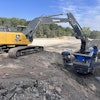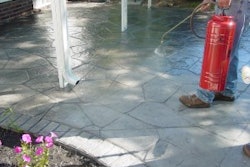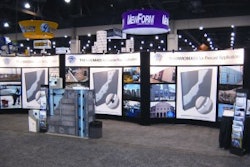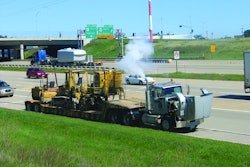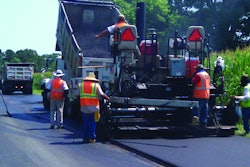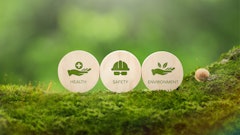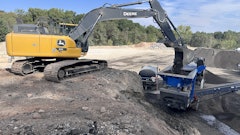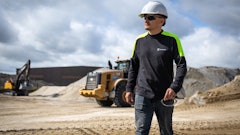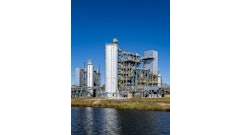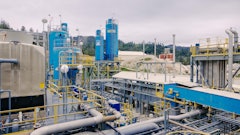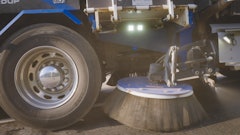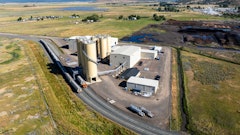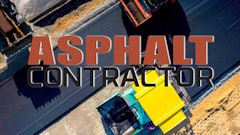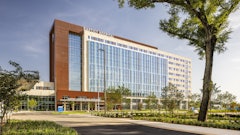Contractors hear a lot about green building. The U.S. Green Building Council's LEED (Leadership in Energy and Environmental Design) program, which certifies structures built to a green standard, has gained a lot of headway over the last several years. Federal, state and local governments are requiring green building practices on many projects. And there are trade shows throughout the country dedicated to green building products, systems and design.
Even with all these programs and resources, many contractors are left wondering where they fit in. They are not architects or building owners; they are equipment operators, craftsmen, local businesses and employers. They see the demand for this type of construction, but know "green" is just one part of a much larger idea - sustainability.
Sustainability does not just consider the environmental benefits of a structure and its materials, it also holds significant economic and social value. A contractor looks to find balance in building a sound, efficient structure that contributes to his community and offers the opportunity for his business to profit. When economic, social and environmental values converge, sustainability is achieved.
Cygnus Business Media recognized contractors' need for a resource to help them achieve sustainability. This month it will launch Sustainable Construction, a digital magazine focused on helping contractors better understand and embrace sustainable construction practices. Sustainable Construction will serve as a destination for information on products, processes and services that support sustainability as it relates to the built environment. In short, it's a resource that offers contractors sustainable building best practices.
Concrete contractors will find many applicable topics in this new publication. The first issue includes articles on working in non-attainment zones, concrete's contributions to sustainable building and energy efficient equipment profiles. Future issues will cover topics like remanufacturing and retrofitting earthmoving equipment, pervious pavements, jobsite waste management and operator efficiency training.
Concrete is an important link in achieving sustainability. The list of its benefits in this regard is quite lengthy, but here's a good start:
- largely local material
- can be used to build energy efficient structures
- recyclable
- architectural wear surface eliminates need for outside and inside finishes on floors and walls
- pervious mixes aid in stormwater management
- color helps reflect light and traps less heat than asphalt
- durability characteristics offer buildings and pavements that outlast other forms of construction
I'm sure you have your own additions to this list, and I would love to hear them. I encourage you to read Sustainable Construction, available at SustainableConstruction.com, and e-mail me your thoughts, story ideas and experiences on building sustainably.



